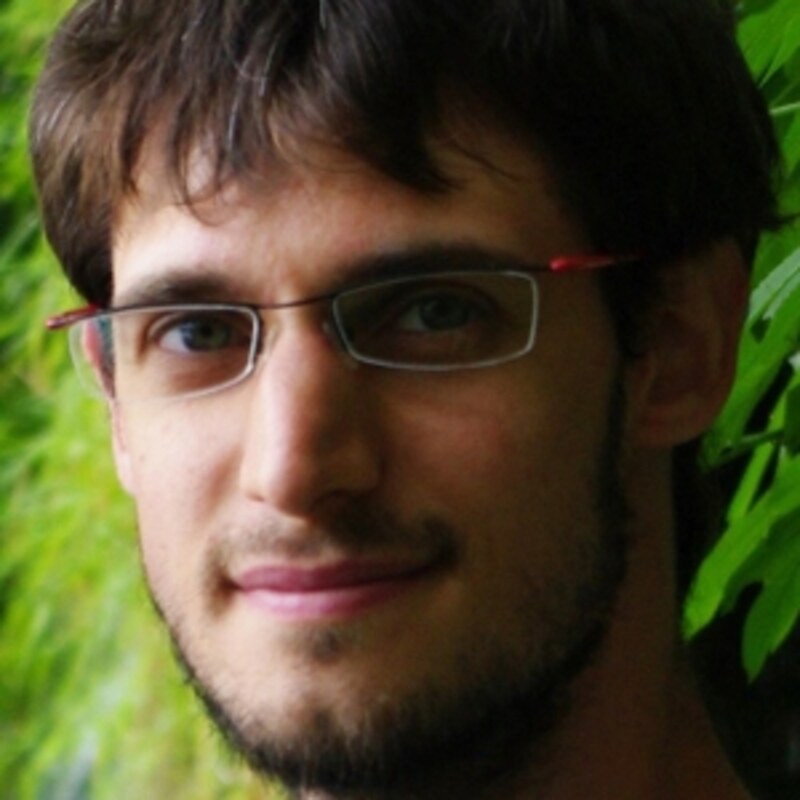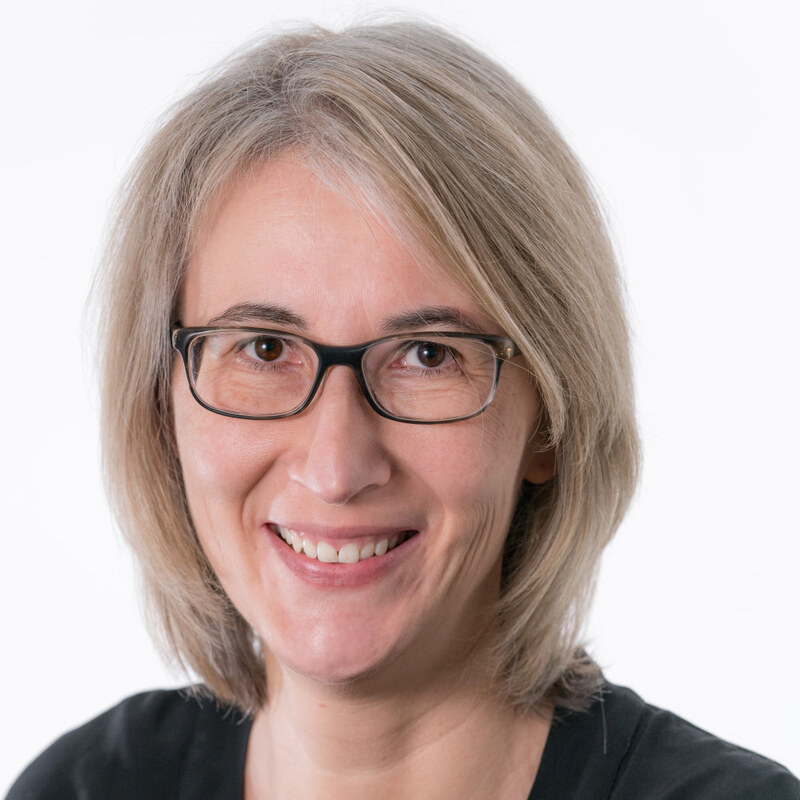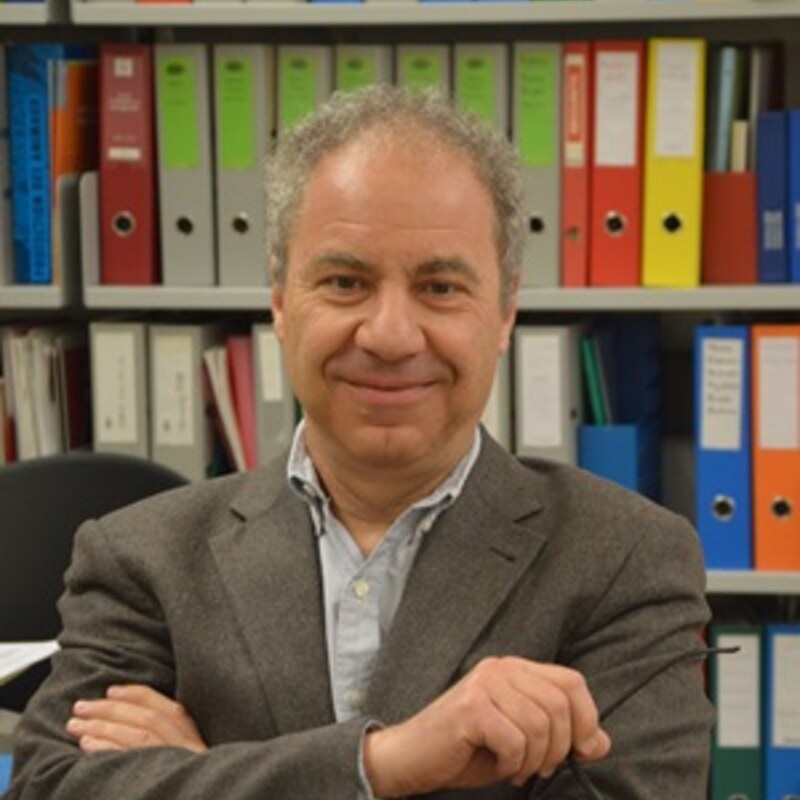Read more
Development of a Microfluidic Platform
Development of a Microfluidic Organoid Culture Platform
Project leader: M. Lütolf
Team: E. Amstad, B. Rothen-Rutishauser, C. Rüegg, F. Scheffold, A. Studart, C. Weder
Despite exciting prospects, current organ-on-a-chip technology has significant shortcomings, such as the dependency on non-physiological materials that suffer from liquid evaporation and protein adsorption and are unconducive to coax primary (stem and tumor) cells into organoids. Moreover, the continuous exposure of cultured cells to fluid flow in such devices results in the depletion of crucial autocrine signals and establishment of shear stresses, both negatively impacting cell behavior, tissue development and long-term function. In this project, we aim at addressing these challenges by engineering synthetic hydrogel-based microfluidic platforms for the derivation and long-term culture of gastrointestinal organoids, both from healthy epithelial stem cells and cancerous cells. The system will be designed to facilitate the well-controlled, spatiotemporal perturbation, via magnetic forces and optic tweezers, of organoid development/function through novel delivery systems developed in other projects of Module 4. The long-term goal of this project is to extrinsically steer the self-organization of human gastrointestinal stem cells into faithfully pattered tubular organoids with an openly accessible lumen.
Main investigator
Involved people
- Related publications
- Related projects as project manager
Projects of AMSTAD Esther
Projects of LUTOLF Matthias
Projects of ROTHEN Barbara
Projects of RÜEGG Curzio
Projects of SCHEFFOLD Frank
Projects of STUDART André
Projects of WEDER Christoph









